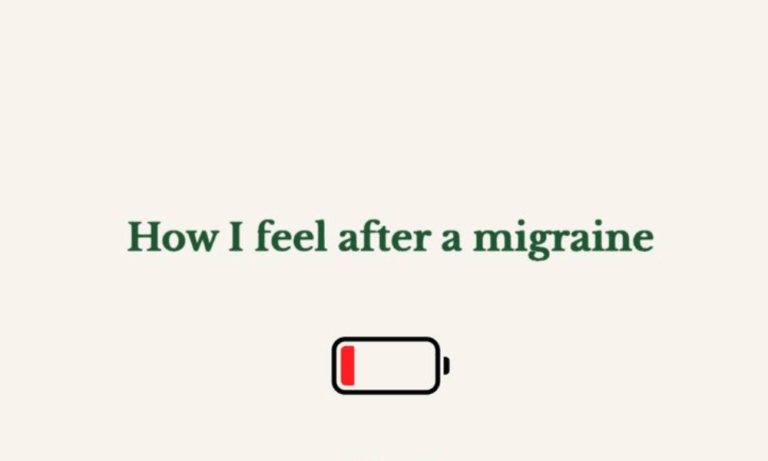Even outside the war zone, mental health is deeply affected – sleepless nights spent seeking updates, reaching out to loved ones, and feeling powerless. For many in the region, the trauma that this war brings is very close to home. In some, this inspires action: fund-raising, voice-raising. They are driven. Others feel anxious and overwhelmed.
In such times, taking care of mental health is crucial. Self-care is not just beneficial; it’s essential for managing anxiety, post-traumatic stress disorder (PTSD), and other mental health challenges that arise during conflicts, even for observers. Fostering resilience and safeguarding mental wellbeing is vital.
Spirituality, mindfulness, nature reduce stress, take that moment. Sleep, nourish and move your body as much as possible. The feeling of community also brings strength in times of hardship. We have seen the profound impact solidarity has over the past year – not only within the Middle East, but all over the world. Togetherness eases angst.
If you are struggling, it is important to acknowledge it. It is also important to understand how to distinguish between natural reactions and the point at which you may consider professional support. Normal anxiety usually passes, you may feel tense and worried, but you can still manage your daily life.
When anxiety or fear becomes pathological however, it continues for weeks or months, and this may signal a problem. Someone who experienced trauma may feel like they are still in danger even when they are safe; this is commonplace with those who have lived through wars already. They may have flashbacks, nightmares, or intrusive memories, reliving the traumatic event over and over again. Feelings of hopelessness, constant fear, guilt, or emotional numbness, as well as distancing from friends and family, are warning signs and pathological anxiety makes it hard to function.
If you are struggling, it is important to reach out.
There is no doubt that the psychological impact of warfare is complex, particularly in the Middle East, where conflict has persisted for generations. We can only hope for peace.




